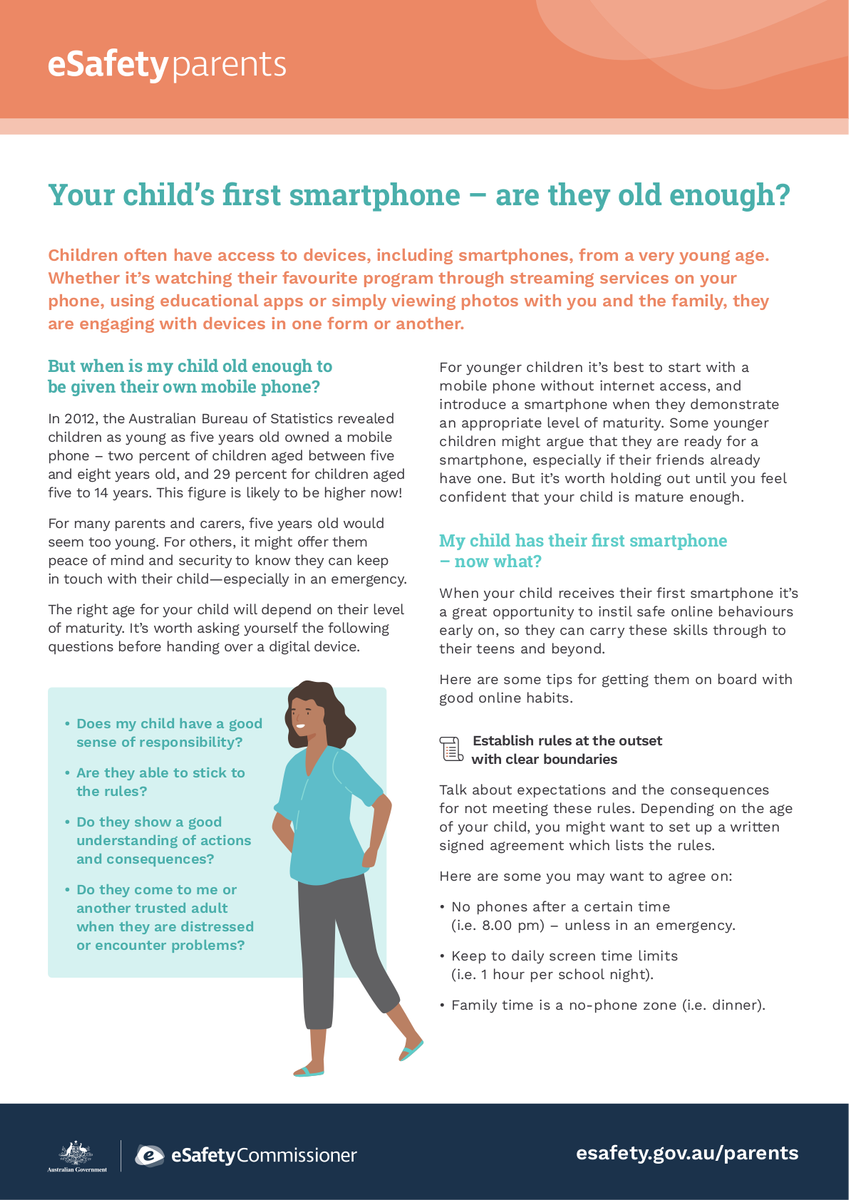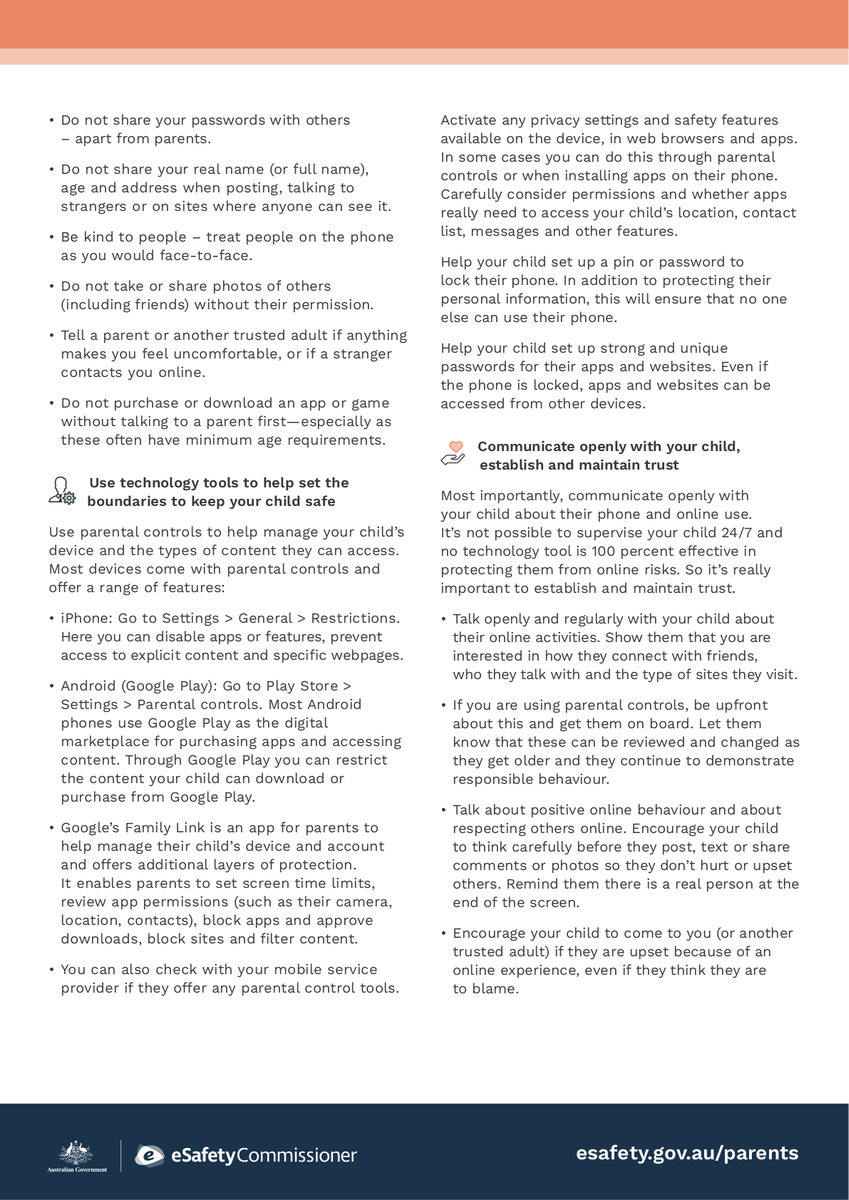From the Assistant Principal
Adele Brice

From the Assistant Principal
Adele Brice
As we say farewell to the 2023 school year, I am filled with gratitude as I reflect on the year. I've appreciated the opportunities I have had to work with so many of you throughout the year.
To our Grade 6 Class of 2023 - It seems like just yesterday we welcomed them on their first day of Prep. Watching them grow into the wonderful young people they are today has been a true highlight. I have no doubt that they will carry with them the values instilled at Wonga Park Primary. I wish them all every success and fulfillment in the next chapter of their educational journey.
To the families that are finishing with us this year, thank you. It's always very hard to say goodbye - please keep in touch, please also know how much we have appreciated you and thankful we are for the difference you have made during your time at Wonga Park PS.
Working at Wonga Park Primary School is a privilege. The sense of community, collaboration, and dedication to the well-being and growth of our students is something truly special. As we approach the holiday season, I want to express my heartfelt wishes for a safe and restful break. May you all create beautiful memories with your loved ones, celebrating the joy and warmth that this festive season brings.
I would also like to take the opportunity to share some important Cyber Safety reminders with you as we head into the holiday period.
Students can find themselves having more time on devices during holiday periods, so it's a good time to revisit family agreements regarding Screen Time.
The eSafety Commissioner has published the information below regarding helping your child achieve a healthy balance in their online and offline activities.
How much is too much?
There is no magic figure. The right amount of screen time can depend on a range of factors like your child’s age and maturity, the kind of content they are consuming, their learning needs and your family routine.
It can be easy to focus only on the clock, but the quality and nature of what they are doing online, and your involvement, are just as important.
Consider your child’s screen use in the context of their overall health and wellbeing. For example, is online time getting in the way of their sleep and exercise? Is it impacting on their face-to-face connections with family and friends? The answers to these questions will guide you and help strike the right balance of online and offline activities for your child.
Signs to watch for
Signs that your child’s online activity may be having a negative impact on them or on your family include:
What to do if you are concerned
Ask questions and listen
Explore underlying issues and seek help if necessary
Help your child manage their online time
Stay engaged and encourage balance
Create a plan
Reducing your own screen time also sets a positive example.
Use the available technology
Set boundaries for digital device use in your home
Device-free zones and times can help you manage screen time. For example, your family plan could include rules like this:
Social Media
The eSafety Commissioner does not recommend the use of Social Media for students under the age of 13. Age requirements are in place due to data protection laws. Online services are not allowed to collect or store children's personal information in they are under 13 years of age. We are aware however that some students are connected on Social Media - you are encouraged to read the following information regarding Pressures from Social Media.
Social media can be a great way to stay in touch with friends, but sometimes it can also cause us to compare our lives to others, or feel like we need to be constantly connected.
It can be easy to fall into the trap of thinking that the posts you see on social media reflect real life, when most of the time they are showing you a lifestyle about as realistic as a movie set.
You might even do it too. Whether it is putting a few filters on your selfie, planning a ‘candid’ photo or posting about a night out that wasn’t actually as fun as you say it was, we all create online personas that show the best parts of our offline lives and erase the times when we feel a little bit down, depressed or just plain flat.
The pressures from social media are very real and they have consequences for all of us. They can affect your mental health and how you feel about yourself. Here are some tips on how to deal with the pressures from social media.
What to do
Check yourself
If you’re feeling unsure about posting something, ask yourself why am I doing this? Is it because you are trying to look a certain way online? If what you’re posting online is more about keeping up a certain appearance, it’s probably best not to post it. Being yourself online is just as important as being yourself offline. Stick to posting things that reflect who you really are, and make you feel good about yourself.
Social media is not real life
Think critically about what you see online — a lot of posts are not 100% real. Behind every staged post is someone taking the same photo 30 times with different angles or carefully placing things to make it look natural. Remember, celebrities put filters on their photos or stage things to make it appear as if their life is way more interesting than it really is. And celebrities have bad days too — even though this may not be apparent from their social media feeds.
Unfollow accounts that make you feel bad
Go through the accounts you follow and ask yourself whether they are making you feel positive or negative. Then unfollow accounts that make you feel bad about yourself and follow the accounts that make you feel good. Try to keep your feed full of posts that are inspiring or reflect things that you are genuinely interested in, rather than posts that make you feel angry or bad about yourself.
Turn off your notifications and have a phone-free day
If you feel like you are spending too much time scrolling through your feed and it is contributing to the pressure you feel, try switching off. If you feel like you’re getting caught in a social media loop, it can be good to break it up and log off for a while. Leave your phone at home and get out there.
Talk to someone
The pressures from social media can make you feel isolated and like everyone else is having a fantastic time, even though this may not be the case. If you feel like you want to talk to someone, or you are getting depressed, reach out to one of these online and phone counselling services for help and support.
Finally, as students transition into secondary school they may find themselves receiving a mobile phone. Please read the information below related to this topic, it contains helpful information regarding;




Kindest regards
Adele Brice

